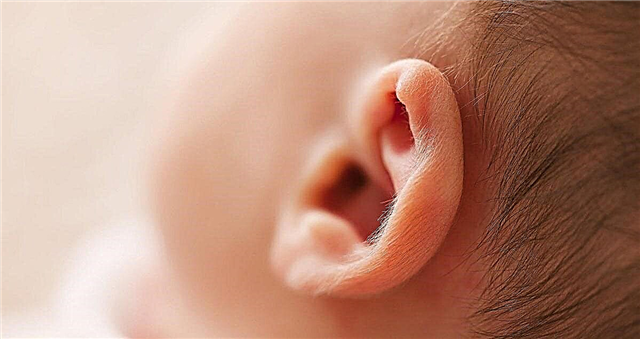Every woman has menstruation, and a little "respite" from them is only during pregnancy. Are we wondering why these “red days of the calendar” are needed and do we know everything about them? The main facts that characterize the period of menstruation are described in the article.

Around the middle of each menstrual cycle, which lasts 21-32 days, a woman ovulates - the release of an egg, which is ready to conceive. In the absence of fusion of the female reproductive cell with the male, the menstrual cycle ends with menstruation. They are caused by the detachment of the inner surface layer of the uterine mucosa and are reduced to bleeding from the genital tract. At this time, the uterus is preparing for a new cycle, and everything is repeated in the same way. Every woman should know the following facts about menstruation and the menstrual cycle.
1. The first menstruation (menarche) begins at 11-14 years old (occasionally sooner or later), and the cycle acquires regularity only after two years. If the cycle has not stabilized within the specified period, you should consult a doctor. Perhaps this is a signal of trouble in the girl's reproductive system, a sign of a violation of the activity of the ovaries, pituitary gland, or even a symptom of infertility. The doctor will prescribe the necessary examinations and help to normalize the cycle.
2. Many women experience soreness of menstruation, but the causes of this phenomenon (algomenorrhea, or dysmenorrhea) can be varied. More often these are the characteristics of the body and the structure of the reproductive system, the inflammatory process, less often - more serious pathologies, which are reflected by similar symptoms. If no diseases are found, the doctor may advise the treatment of dysmenorrhea - as a rule, these are non-steroidal anti-inflammatory drugs that must be taken a week before the start and 2-3 days after.
3. Monthly ovulation is a sign that the main purpose of the reproductive system is conception, procreation. But it turns out that there are also “idle” cycles when ovulation does not occur, even in healthy women. The prerequisites for this are as follows:
- Age under 18 or over 40;
- Hormonal imbalance;
- Pathology of the uterus and reproductive system;
- Stress.
4. Cycle irregularities most often occur in those who abuse fast diets or eat unbalanced meals. Asthenic, thin women often become patients of a gynecologist, complaining of the inability to conceive. The vast majority of them, after bringing the diet back to normal, will be able to become pregnant and have healthy offspring within 1-2 years. But too high weight, obesity is another extreme, at which ovulation may be absent due to hormonal disorders, so you need to look for a “golden mean”.
5. 24 hours before menstruation, a strong narrowing of the vessels of the uterus occurs, as a result of which its blood supply decreases. The result is flaking of the upper mucous layer - the endometrium. Many women experience pain syndrome of varying intensity during detachment, the so-called "harbingers" of menstruation, and this is the norm.
6. During the period of critical days, a woman releases no more than 80 ml of blood, and the average figure is even less - 30-50 ml. The blood during menstruation is not clean, it contains clots of mucus - pieces of the endometrium. With increasing age of a woman, the number of mucous clots becomes higher. In addition, clots can appear during an unsuccessful artificial pregnancy, if the fertilized egg injected into the body does not adhere to the uterine wall.
7. There is a certain supply of female germ cells, which are “consumed” by the body in every or almost every menstrual cycle. After 40 years, the number of ovulations decreases, as the ovarian reserve comes to an end. The complete completion of menstruation occurs at the end of the reproductive period, when menopause occurs and the woman can no longer conceive. Usually menopause begins at 45-50 years old, but this depends on heredity and characteristics of hormonal levels. During the premenopausal period, the lady has scanty and irregular periods, which signals their imminent end.



